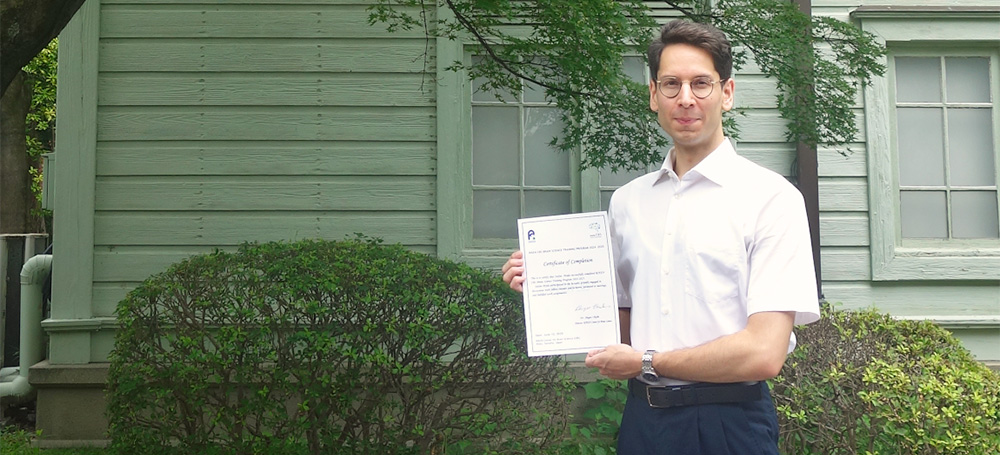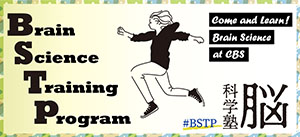BSTP Report - Foundations & Frontiers: How RIKEN and Peers Catalyzed My Path to Curing the Incurable


Stefan Peyda
M.D., Ph.D. student, Kyoto University, Graduate School of Medicine
Participated in the 2024-2025 program
Foundations & Frontiers: How RIKEN and Peers Catalyzed My Path to Curing the Incurable
Growing up in Sweden, I witnessed suffering within my own family. Unable to alleviate their pain, I vowed to dedicate my life to become the best medical doctor I could possibly be, determined to be able to cure anyone who sought my help.
In medical school, I soon realized that while medicine allowed me to help one patient at a time, a breakthrough in research would open up paths to curing thousands, if not millions, who previously had little or no hope - research, I understood, is ultimately about finding cures for the incurable. Thus, to truly be a great doctor, research was going to be indispensable. After graduation, I worked some years in the hospital before deciding to pursue a PhD in Japan, a country well-known and respected for its research advancements and accomplishments. Japanese universities and institutions, like RIKEN, offer world-class facilities supporting academic freedom, making them worthwhile and exciting options for scientific education and activities.
During my second year of studying neuroplasticity and recovery after spinal cord injury at Kyoto University, I applied for the RIKEN CBS Brain Science Training Program. The syllabus perfectly aligned with my ambition to become a strong neuroscientist and believing it would significantly accelerate my understanding of this complex field, I knew I had to apply. Also, I was very eager to meet with and forge lifelong connections with bright young minds in Japan. Fortunately, I was accepted to the RIKEN CBS BSTP program of 2024-2025.
Over the 8-month program, talented lecturers from diverse and impressive backgrounds, rich in knowledge, consistently piqued my curiosity and patiently answered my many questions. I gained a comprehensive foundation in modern neuroscience, alongside exposure to the latest, cutting-edge research from RIKEN and globally. The curriculum spanned the entire spectrum of brain research; from molecular biology (such as RNA, DNA, stem cells, receptors and signaling) to complex organismal studies across a variety of species (including ants and fruit flies, zebrafish, mice, monkeys, and humans), all done with an impressive diversity of models and techniques, I learned about classical electrophysiology and microscopy to cutting-edge computer modeling and advanced AI applications in neuroscience. On numerous occasions, I discovered new techniques and ways of thinking that directly informed and improved my ongoing PhD project at Kyoto University.
I especially enjoyed the Journal Club concept where my peers and I were challenged to read the latest publications and scrutinize them to better understand the strengths and weaknesses of the research behind the papers. In this way, the RIKEN BSTP greatly trained my critical thinking and helped me to implement what I had learnt in class, as well as stimulating collaboration with my peers from different backgrounds related to neuroscience. This helped me to feel more confident in interpreting and communicating science.
As I move forward, I am positive that the foundational knowledge and the invaluable network from BSTP will be of great benefit in my pursuit of being a good medical doctor and strong researcher and leader. Science is getting more complex and to have friends with whom I can form interdisciplinary collaborations with will empower us to create opportunities aiming to make the impossible possible and cure the incurable.




